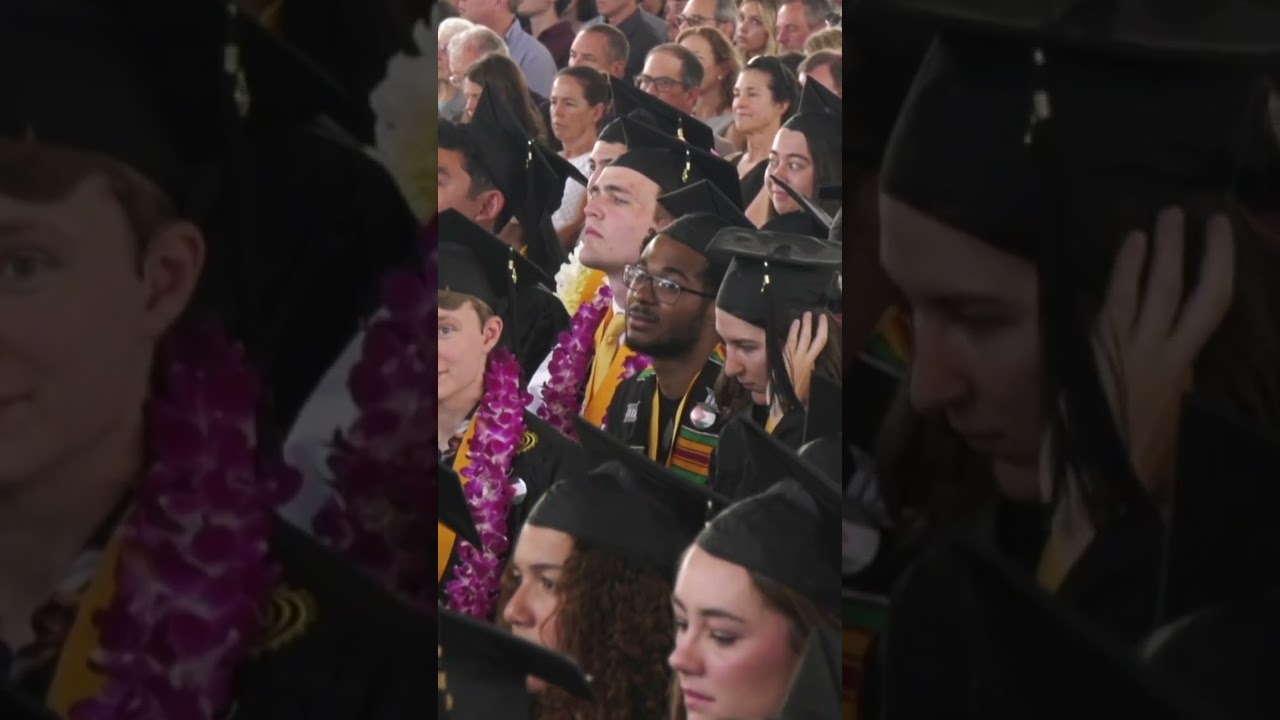The speaker challenges the simplistic advice of following one’s dreams, emphasizing the importance of considering practicality and feasibility in pursuing a career. By introducing mathematical analogies and referring to a vector space of advice, the speaker encourages a more nuanced and analytical approach to guiding individuals in their career pursuits.
The speaker challenges the common cliche of advising individuals to follow their dreams, suggesting that not everyone has a clear dream to pursue, and that’s perfectly fine. They point out that having a passion doesn’t guarantee a successful career, and there are practical considerations that must be addressed for dream-chasing to be viable. The speaker acknowledges the nerdy audience and humorously expresses a desire to explain their intentions more precisely, referring to the vector space of all advice and the concept of exploring the orthogonal subspace to the “follow your dreams” vector.
The speaker implies that the traditional advice of following one’s dreams may overlook the complexity and practicality required to turn a passion into a sustainable career. Instead of diving straight into a mathematical explanation, they tease that a story might be a better starting point. The narrative suggests that blindly following dreams without considering the orthogonal subspace of practicality and feasibility might not lead to success. By framing the discussion in mathematical terms, the speaker hints at a more analytical approach to giving guidance and advice.
The speaker’s critique of the “follow your dreams” mantra encourages a more nuanced understanding of career pursuits. They highlight that not everyone has a predefined dream and that success often requires more than just passion. By alluding to exploring the orthogonal subspace, the speaker suggests the importance of balancing inspiration with practicality. The playful reference to addressing a nerdy audience adds a light-hearted tone to the discussion, making the complex topic more approachable and engaging.
The speaker’s intention to delve deeper into the concept of advice within a vector space hints at a structured and analytical approach to offering guidance. By questioning the effectiveness of simplistic advice like “follow your dreams,” they provoke the audience to consider the multidimensional nature of career decisions. The introduction of mathematical language into a discussion about personal aspirations adds a unique perspective and challenges traditional notions of advice-giving. Overall, the speaker’s approach encourages critical thinking and a more holistic view of pursuing one’s passions.
In conclusion, the speaker sets the stage for a thought-provoking exploration of advice-giving by critiquing the common advice to follow one’s dreams. They suggest that a more comprehensive understanding of career pursuits involves considering practical aspects alongside personal passions. The use of mathematical analogies and references to vector spaces add depth and complexity to the discussion, inviting the audience to reflect on the intricacies of making career choices. By reframing the conversation in analytical terms, the speaker offers a fresh perspective on navigating the complexities of pursuing one’s dreams.
